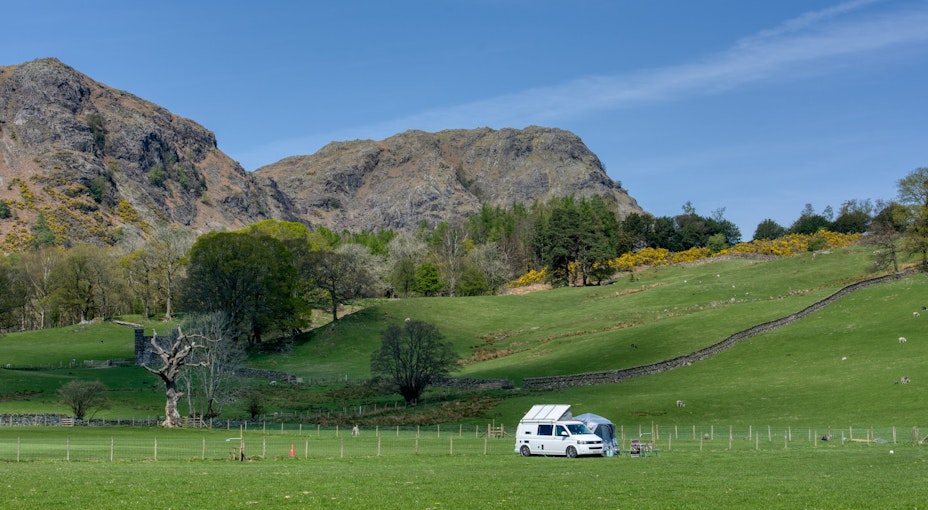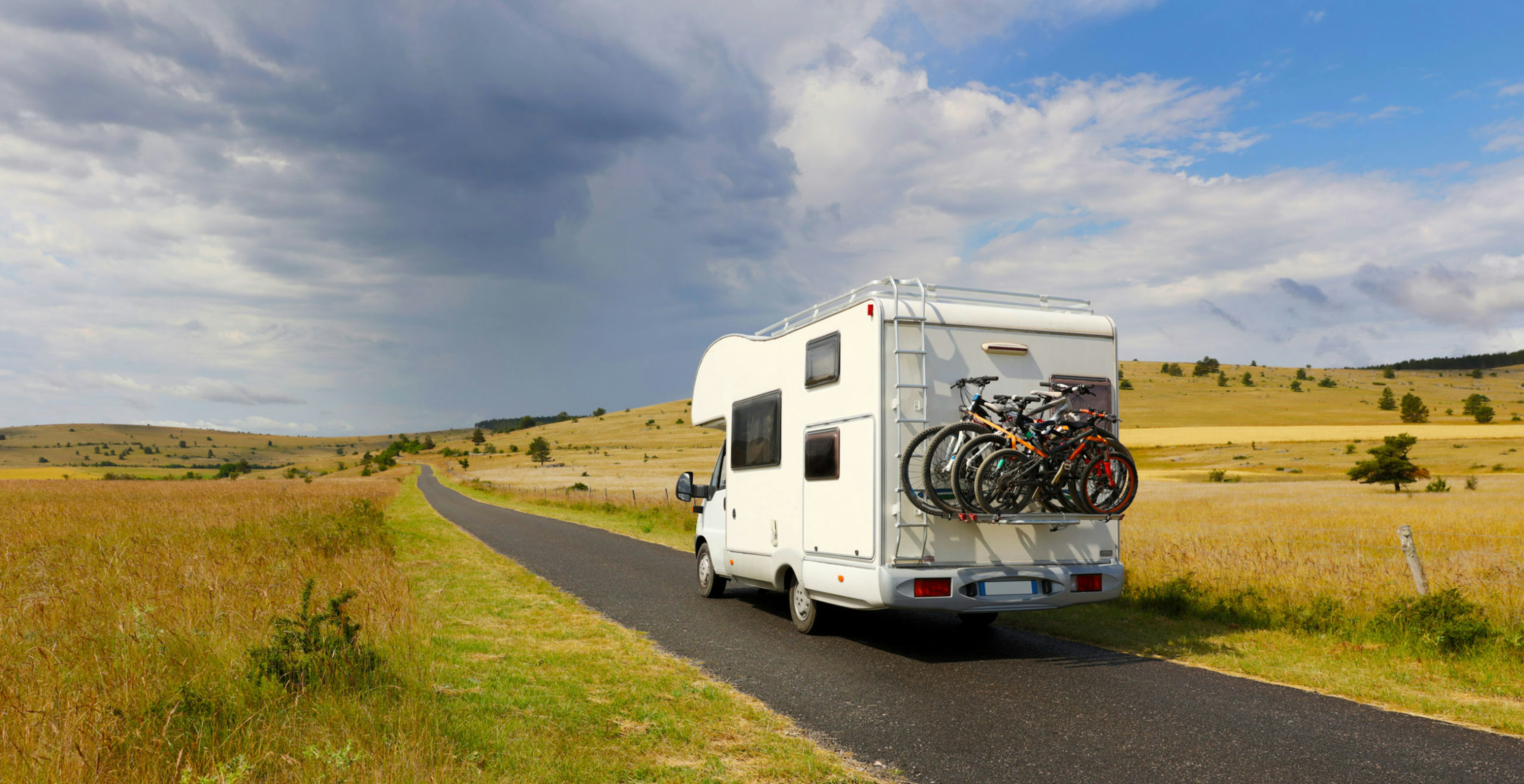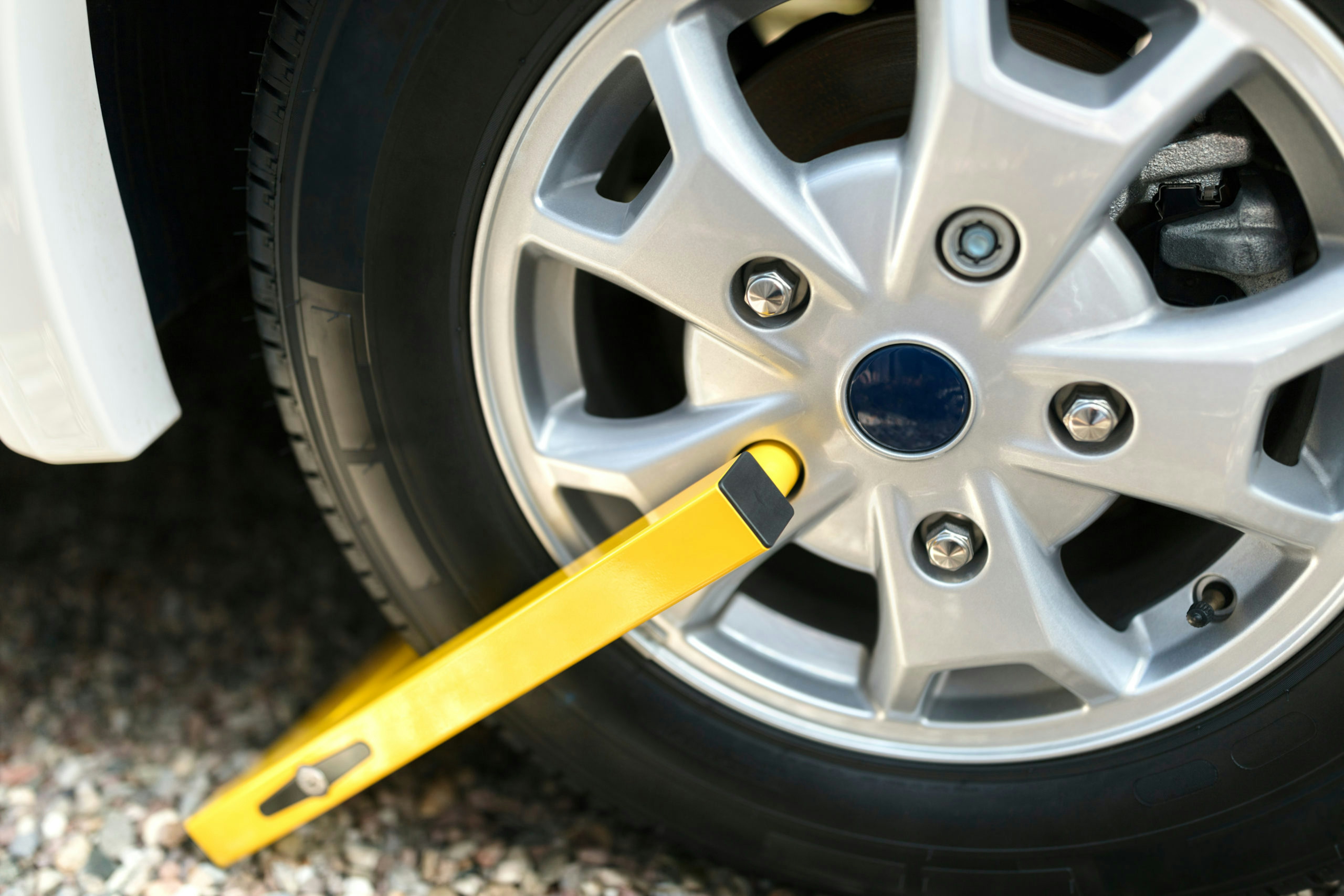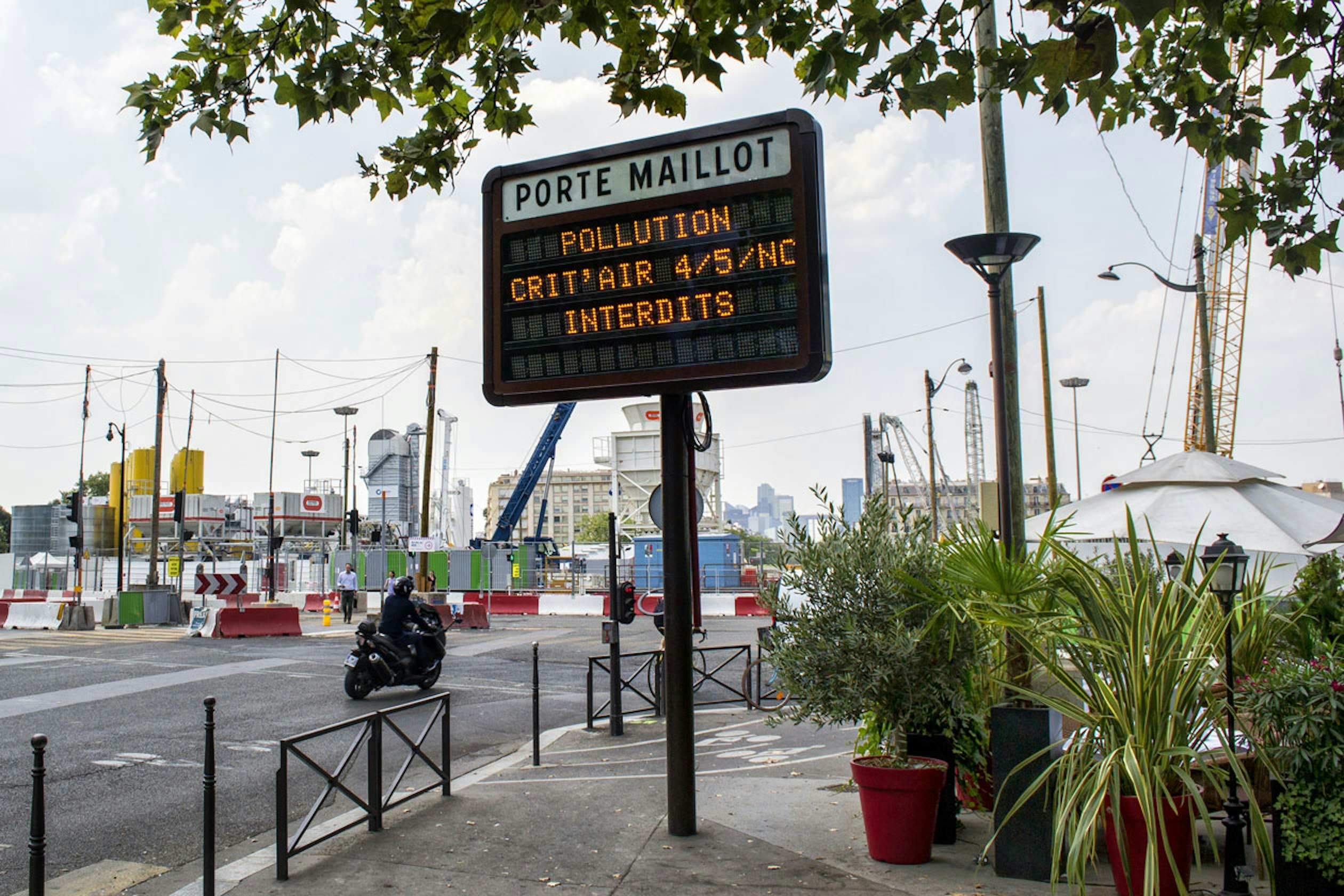Owners guide to renting out your campervan or motorhome
By Alan Boswell Group

- Is it a good idea to rent out my motorhome?
- What type of campervan or motorhome should I buy to rent out?
- Should I buy a new or used campervan or motorhome?
- What should I consider when buying a brand-new campervan or motorhome?
- What should I consider when buying a used campervan or motorhome?
- How do I keep up maintenance for my campervan or motorhome?
- What insurance do I need to rent out my campervan or motorhome?
- Can someone drive a motorhome using their own car insurance?
- Will your campervan or motorhome be taken abroad?
In this article
- Is it a good idea to rent out my motorhome?
- What type of campervan or motorhome should I buy to rent out?
- Should I buy a new or used campervan or motorhome?
- What should I consider when buying a brand-new campervan or motorhome?
- What should I consider when buying a used campervan or motorhome?
- How do I keep up maintenance for my campervan or motorhome?
- What insurance do I need to rent out my campervan or motorhome?
- Can someone drive a motorhome using their own car insurance?
- Will your campervan or motorhome be taken abroad?
Campervans and motorhomes are a big investment, both in terms of initial cost and maintenance. Despite that, many owners don’t use them all year round. If that sounds like you, renting out your camper or motorhome could be a great way to cover costs and even make a little extra cash. Here’s our guide to give you an idea of what hiring out your vehicle entails.
Is it a good idea to rent out my motorhome?
Renting out your campervan or motorhome is down to personal choice. For some, hiring them out is a practical way to earn money – making the most of a high-value resource you already have. It’s also an opportunity that enables others to experience the joys of life on the open road, albeit for a short time.
Other owners may not even want to contemplate the idea of renting out their campervan or motorhome and risk potential damage, particularly if the vehicle carries a lot of sentimental value.
Is there a demand for motorhomes?
Generally, motorhomes are expected to continue to be in demand as holidaymakers choose to stay within the UK.
Some rental firms have seen demand for their motorhomes outstrip supply, particularly as new vehicles have been hard to come by thanks to manufacturing issues.
Can you make money renting your motorhome?
The short answer is yes, but it depends on your motorhome. What you can charge will depend on a range of factors such as style, size, age, its condition and on-board amenities.
How much you want to use it will also play an important role, as this will influence the amount of time you can rent it out. Hiring it out in peak season normally means you can charge more, but it is also when you’re most likely to want to use it yourself.
But as well as making money, you’ll also need to consider your expenses for maintenance and associated costs (like insurance).
How much money can I make from renting out my campervan or motorhome?
What you can charge will depend on your motorhome and its condition, but it could range from £300 to over £1,200 per week.
The time of year can also be an important factor because (as with all holiday accommodation) people are willing to pay a premium at certain times. The location also comes into play, as certain parts of the country will be more attractive than others.
What type of campervan or motorhome should I buy to rent out?
There are some clear differences between a motorhome and a campervan, so what’s right for you will depend on what you’re looking for. Don’t forget that it’s as much about what you want as it is about what might appeal to your target audience if you rent it out.
Generally, campervans are vans that have been adapted so that you can eat and sleep in them. Some have fixed roofs, while others have pop-ups which provide extra space.
In contrast, motorhomes are usually much larger than campervans, making them feel much more like a home from home. They’re often built to a higher specification compared to campers and offer an increased level of comfort too.
Bear in mind that you can also get different classes of motorhomes. For example, class A vehicles are the largest you can buy, while class C motorhomes are slightly smaller (but larger than a campervan). Remember that hirers will need a category C on their driving licence to drive anything with a total mass of over 7.5 tonnes. You can learn more about licence requirements on the government website and our guide to campervan and motorhome licences.
Should I buy a new or used campervan or motorhome?
Whether you buy new or used, both have pros and cons, for instance:
Benefits of buying a new motorhome
A new motorhome should come with a manufacturer’s warranty, which can offer peace of mind if something goes wrong in the first few years.
The vehicle will usually include the latest technology.
You may have the opportunity to customise the vehicle if it’s coming directly from the factory.
Drawbacks of buying a new motorhome
The warranty might not cover the vehicle if it’s hired out to other drivers.
Very high upfront cost.
Brand new motorhomes’ value depreciates between 10% and 15% in the first 12 months.
Benefits of buying a used motorhome
Lower upfront cost.
Typically cheaper to insure than a brand-new motorhome.
Potentially lower rate of depreciation.
Drawbacks of buying a used motorhome
It may not have a full warranty.
It may not have a complete service history.
It could have some cosmetic damage or wear and tear.
Won’t be customised to your requirements and taste.
Get in touch
If you have a question regarding the insurance of your campervan or motorhome, or if you need an insurance quote, we’re happy to help.
What should I consider when buying a brand-new campervan or motorhome?
Whether you buy new or used, it’s important to research first. Comparing what’s available and understanding the pros and cons of vehicle types and what they offer will help you work out what’s right for you. It’s also to consider finance options and what might be available.
Try to avoid getting too carried away with the latest tech and gadgets. But do spend time thinking about the on-board facilities you want versus what might be nice to have – this can also help you set a budget.
What should I consider when buying a used campervan or motorhome?
If you decide to buy used, it’s a good idea to take it out for a test drive to see how it handles, particularly when manoeuvring or negotiating rural roads. A test drive also allows you to spot obvious issues such as a sticky clutch or squeaky brakes.
It’s also worth asking if a habitation test has been carried out recently by an approved specialist. If not, make sure to ask for one to be completed. Habitation checks assess the living areas within a motorhome, helping ensure they’re safe and identifying potential problems early on.
For extra reassurance, you can carry out HPI and vehicle safety checks. This service checks a vehicle’s history from multiple sources, including the DVLA, the police, insurance providers, and finance companies. HPI reports cover things like MOT history and whether the car is stolen or still has an outstanding finance contract. Most importantly, it will tell you if the car is an insurance write-off or if it was recorded as being scrapped.
How do I keep up maintenance for my campervan or motorhome?
It goes without saying that you need to be certain that your vehicle is safe to drive before hiring it out, so keep up to date with MOTs and servicing. Campervans and motorhomes also need to be safe to live and sleep in. You can find out more in our guide to motorhome maintenance.
You’ll also want to prioritise security to cut the risk of your vehicle being stolen or broken into. This could mean investing in a tracker or other devices like an immobiliser or steering wheel locks. Your insurer may insist on certain security measures for them to provide cover, so you should check their requirements too. To help you determine what you might need, we’ve also compiled a detailed guide to campervan motorhome security.
It’s also a good idea to hand keys over to renters in person so you can run through important information. Don’t be afraid to mention things that might seem obvious, such as not leaving the vehicle unattended with the keys in the ignition (because this is likely to invalidate insurance).
What insurance do I need to rent out my campervan or motorhome?
You’ll need appropriate insurance, whatever type of vehicle you own. So, for example, if you have a class C motorhome, your insurance policy should reflect that, and cover you for the activities you use it for – whether that’s for leisure only or if you live in it.
You’ll need self-drive hire insurance if you rent out your campervan or motorhome (even to friends and family). Policies are made up of motor insurance which covers the actual vehicle and also allows for it to be driven under a rental contract. You can also add other features, for instance, call assist breakdown cover, public liability insurance, and employers’ liability insurance (legally required if you have employees). Cyber insurance can also be beneficial if you have a website to advertise your business and take bookings. More experienced businesses may want to consider Directors’ & Officers’ insurance to provide extra protection for the directors in the business.
Self-drive hire insurance can be bought on an annual basis; this would also cover you to drive the vehicle when it is not out on hire. It’s also important to know that self-drive hire insurance is a legal requirement if you’re thinking about starting a motorhome hire business.
Can someone drive a motorhome using their own car insurance?
No, cars and motorhomes have different risks and need different policies.
Broadly, car insurance policies won’t provide enough cover for a motorhome. Motorhomes are significantly larger, usually of much higher value and will contain far more possessions than your car. All of this will be reflected in your insurance policy and your premium. A motorhome also poses a significantly higher risk to other road users if you were to get into an accident, for example.
If you don’t have suitable insurance for the vehicle you drive, you can face a fine and penalty points.
Will your campervan or motorhome be taken abroad?
If it is, check that your insurance will cover your vehicle while it’s outside of the UK. You should also check that customers know local laws – for example, motorhome regulations in Europe. Some countries expect you to carry additional items in your vehicle, such as a hi-vis jacket or a breathalyser – our guide to travelling abroad in a camper or motorhome looks at the essentials.
Experienced help from Alan Boswell Group
Buying a campervan or motorhome is a big investment, so try not to feel rushed into buying the first vehicle you see. Taking the time to explore various options in the first instance can save you from disappointment in the long run.
If you’re keen to hire out your camper or motorhome or want to start a vehicle hire enterprise and need insurance advice, we can help. At Alan Boswell Group, we offer a broad range of insurance products that can be tailored to fit your needs.
So, as well as campervan hire insurance and motorhome hire insurance, we also provide business cover for your wider risks.
Need help with your insurance?
Whether you need a quote, have a general enquiry, or want to talk it through over the phone, we're here to help.
Send an enquiry
Related guides and insights

Your guide to Self-Drive Hire claims
Read our guide to the claims process for our Self-Drive Hire policyholders.

Guide to motorhome and campervan reversing cameras
With reversing cameras often found in cars, there’s no reason to miss out on the same convenience and features in your motorhome or campervan. Read our guide to help you minimise the risk of damaging your vehicle.

Guide to motorhome and campervan security
Having invested in a campervan or motorhome you’ll want to keep it safe. Read our guide to keeping your vehicle safe and secure.

Crit’Air stickers: a guide for car, motorhome, and campervan owners
If you’re planning to take a road trip to France – or you run a self-drive hire company – you need to make sure you get a Crit’Air sticker to drive in low-emission zones. We take a look at the increasingly complex rules on this topic.
